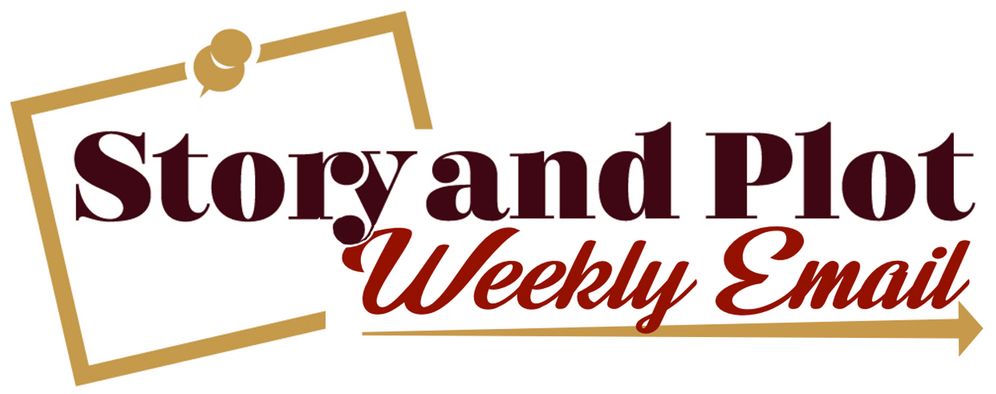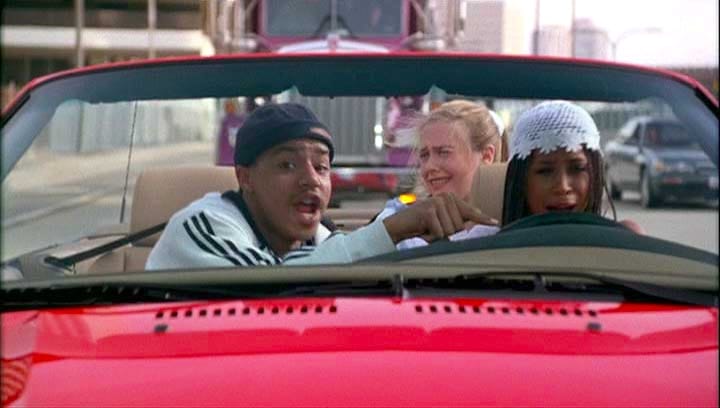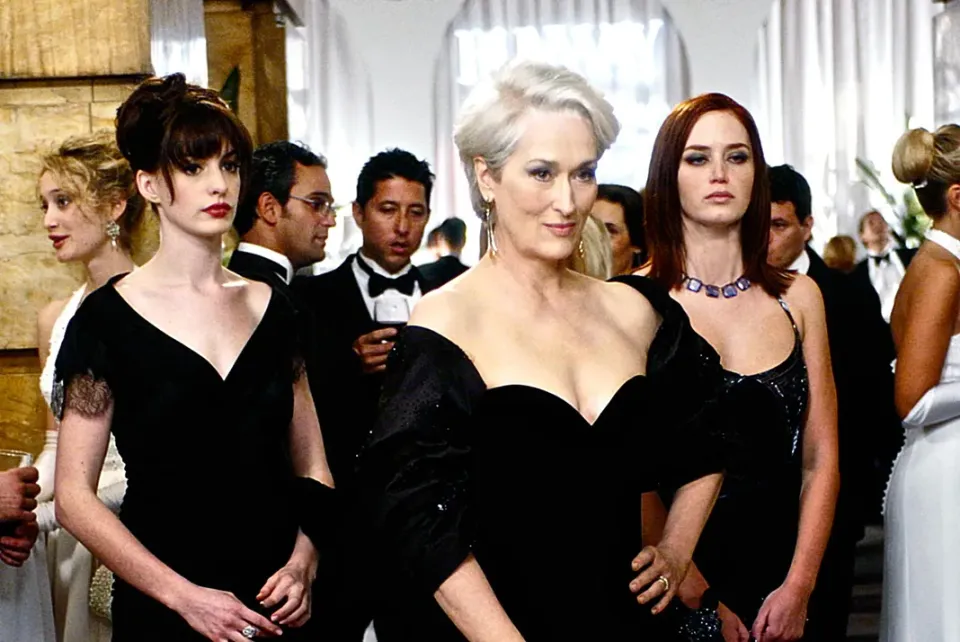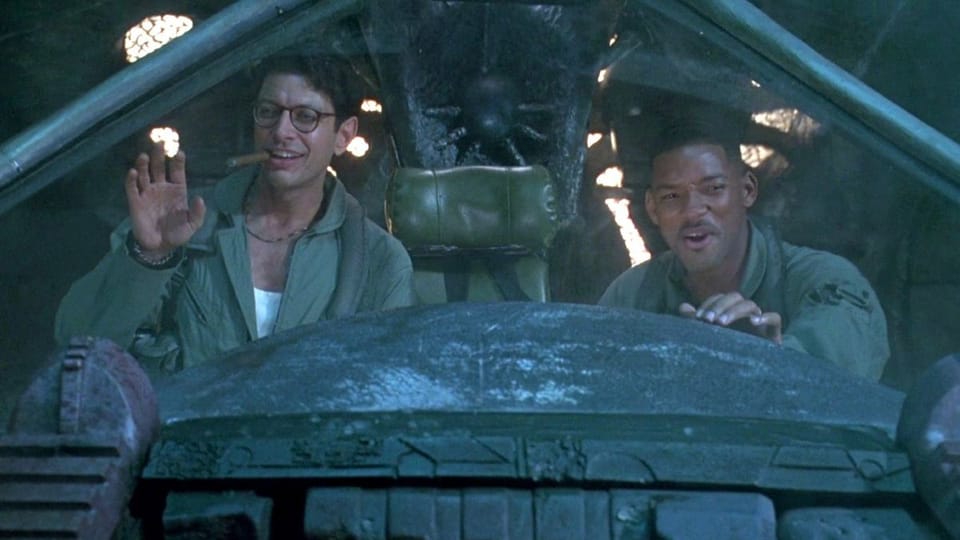Don't sleep on writing short films.
Writing shorts is a near-perfect laboratory for improving your screenwriting. Nearly everything you learn about feature writing applies to shorts.
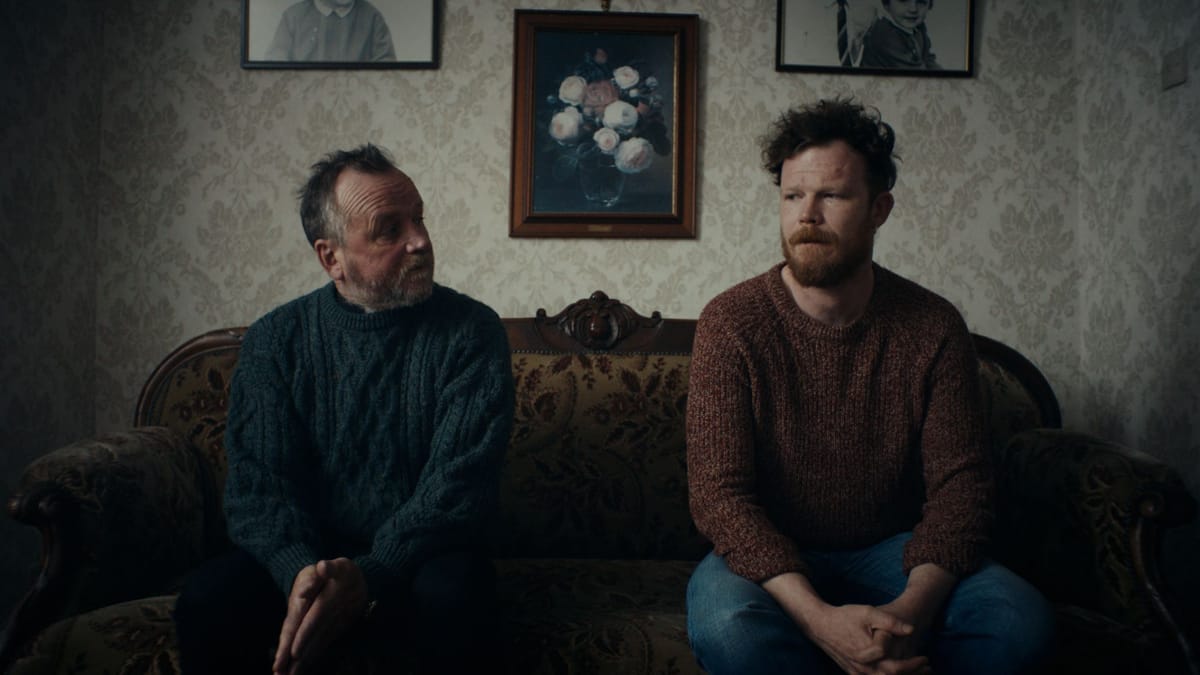
The Story and Plot Weekly Email is published every Tuesday morning. Don't miss another one.
My screenwriting classes at the University of Houston cover format, story structure, outlining, and improving the read.
In our limited time together, I teach as much about writing feature films as I can.
But I don't ask them to write a feature film.
I have them write short films.
Writing shorts is a near-perfect laboratory for improving your screenwriting. Nearly everything you learn about feature writing applies to shorts, yet the time commitment is less, and it's easier to take what you've learned and move on.
You are working the same creative muscles, getting them in shape.
And when it works, it can be just as emotionally satisfying.
Some common mistakes.
Too many dismiss short films. Unfortunately, I was one of them.
I had written 25 stage plays before turning to screenwriting. I couldn't be bothered to write a short film; I wanted to sell something!
But I wish I had.
I would have improved faster.
I could have made mistakes quicker and not felt stuck on a couple of feature projects that were doomed from the start.
One thing that held me back was that my experience watching short films was virtually zero. Every idea I had was a feature idea.
But a short film is not a feature.
This is a common error because most of our cinematic experience is with feature films. Our minds tend to gravitate to those ideas and then try to shrink them into short films.
We make complicated what should be simple.
We take the fun out of it and It feeds the beast that whispers to us we don't know what we're doing, and it all just seems like so much and maybe an entire feature is a better idea.
Others, however, can have the opposite problem.
Many will venture forth too casually.
It's essential to enjoy the damn thing, but practice doesn't make perfect. Perfect practice does.
While it's true that some things, like narrative momentum, are less taxing in a short film, other things, like emotional resonance, can be more challenging.
If you're going to do it, do it right. Do your best.
Just because you will not have to battle through a gauntlet of readers does not mean you want anything less than the best experience for the readers you do have.
It's a perfect opportunity to get better at creating the reader's experience.
Treat the short film as a spec script.
You will want to do something with it. Either learn from it or produce it.
You still need to get people excited about the project and attract the best actors and crew.
Write the short film in a way that gets the cast and crew PUMPED to make this thing.
There is an expression, "How we do anything is how we do everything."
I believe this is true.
At the absolute minimum, you are writing to get better. There is only one way to do that and that is with effort.
The fundamentals of story still apply.
I am often asked how much story structure applies to short films.
The answer is all of it. Story is story.
Sometimes, the principals are more subtle; sometimes, they scream out at you. But they are always there.
Everything I teach in my course, Mastering Structure, applies with a short film, just, unsurprisingly, on a smaller scale.
You still want a dramatic question.
A character's desire drives the story.
Because narrative momentum is slightly less challenging for a short film, you will sometimes be tempted to ignore this truth.
Don't. Remember Sydney Pollack's line:
Nothing happens until someone wants something.
This is the heart of drama.
- Someone wants something.
- They're having trouble getting it.
- Something will happen if they fail.
You want a story.
Something is going to change. A short film doesn't require a massive transformation as you do not always have time to do it, but something is going to be true at the end that wasn't true at the beginning.
(To be fair, a massive transformation is not required for a feature film either; it's just more common.)
Perhaps it's just a decision or a realization at the end. But this change is the reason the story exists, so know what it is.
You want a concept.
You want an idea that will generate the unified scenes that make this film compelling. Going back to improv parlance, what is the game you're going to play?
This is true whether it's a comedy, thriller, horror or drama.
A specific situation that generates emotional truth and discomfort can be a concept. Someone accused of something awful at a funeral will do just fine in a short film.
That's a difficult concept to execute, but it generates unified scenes that stand out and make the piece compelling.
Structure remains the same.
Choosing what the audience knows and when they know it to maximize dramatic momentum and emotional resonance.
That's all structure will ever be.
One of the easiest ways to find dramatic momentum and emotional resonance is the three-act structure, which most have now converted into four acts.
- Act 1: I have a problem. (pp 1-3)
- Act 2A: I think I solve it. (pp 4-6)
- Act 2B: This is harder than I thought. (pp 7-9)
- Act 3: The sacrifice. (pp 10-12)
As always, the page count gives you an idea of pacing. You don't have to come anywhere near these numbers, especially for a short.
Narrative momentum and emotional resonance are the only proper way to judge anything.
The plot points from features you would almost certainly want to utilize are:
- Ordinary world.
- Inciting Incident.
- Dramatic Question.
- Midpoint.
- Crisis.
- Set-back.
- Sacrifice.
Keep it simple.
We don't need plot. We need great scenes. Create a situation that generates great scenes.
Two of my favorite shorts coming out of UH were both extremely simple.
One was about a ten-year-old who fought to keep his drug-addict mom from selling his Playstation 3.
That was it. A mother wanted to sell her son's PS3 for drugs, and the kid wasn't about to let her. He took it and ran and hid.
It has a darkly comic HOME ALONE feel to it. Yet this simple plot carried the weight of addiction, poverty, child abuse, and a tragic coming-of-age.
But again, the plot was simply "I'm not letting you sell my PS3."
The other short was about a young girl hired to care for an older woman and then asked to role-play as the woman's deceased husband.
It's straightforward, yet it generates some painfully uncomfortable scenes as this poor girl tries to be sympathetic and caring while bringing home a paycheck.
Just a couple of locations and the layers of aging, relationships, and loneliness were apparent.
The girl ends up realizing that she's in an abusive relationship back home and needs to finally deal with it.
The emotions in both scripts were complicated.
But the plots were simple and clear.
Not every project has to be a swing for the fences.
Writing (and making) a short film is a delight. But it's also a great place to fail and learn.
It may feel like a short won't go anywhere, so what's the point? But that's true for just about every early screenwriting project!
So don't rule it out. There is so much to gain there.
The Story and Plot Weekly Email is published every Tuesday morning. Don't miss another one.
When you're ready, these are ways I can help you:
WORK WITH ME 1:1
1-on-1 Coaching | Screenplay Consultation
TAKE A COURSE
Mastering Structure | Idea To Outline
